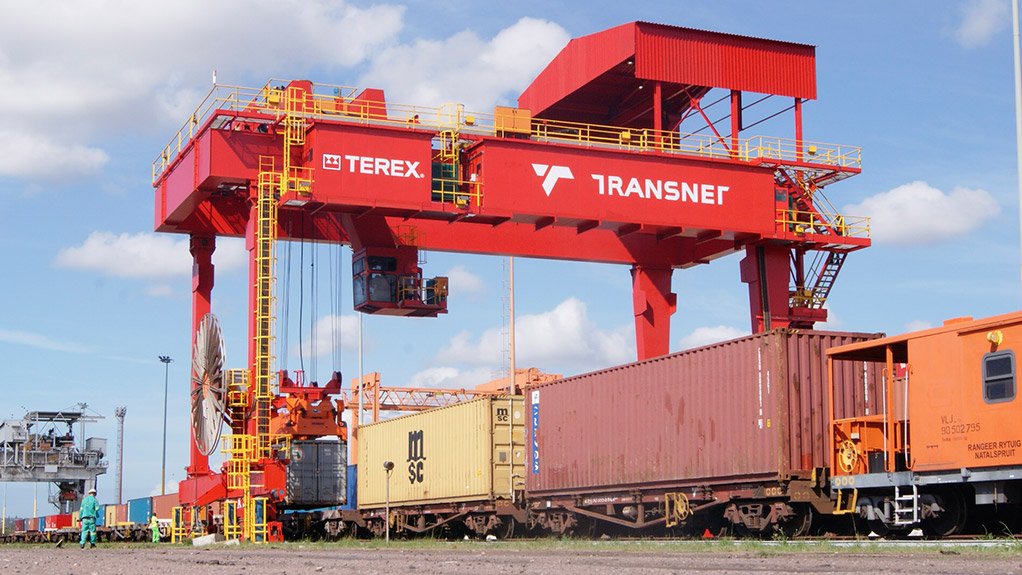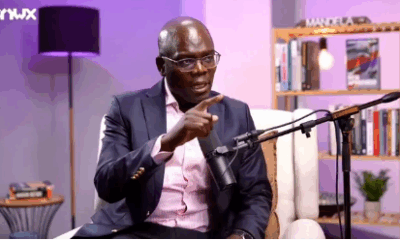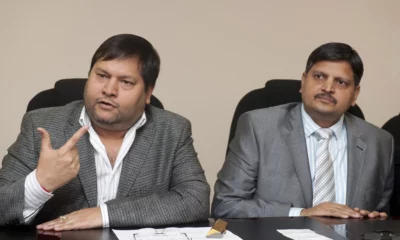Consumer controversies
A Slap on the Wrist? South Africans Outraged by Light Sentence in R66 Million Fraud Case

A convicted fraudster, a billion-rand scandal, and a five-year jail term that’s raising eyebrows
What happens when someone admits to defrauding a state-owned entity of tens of millions, gets caught, and then walks away with what many are calling a mere tap on the wrist? That’s the question echoing across social media and union boardrooms this week following the sentencing of businessman Yakub Ahmed Suleman Bhikhu in one of South Africa’s biggest post-State Capture fraud cases.
Bhikhu, a Gauteng-based businessman, was convicted in the Pretoria Regional Court last week on no fewer than 81 counts, ranging from fraud, forgery, and uttering to money laundering and tax offences. The charges stem from his involvement in a R66 million corruption scandal linked to state logistics giant Transnet, orchestrated through his company Homix (Pty) Ltd.
While he pleaded guilty and was sentenced to 10 years’ direct imprisonment, the catch is this: five of those years were suspended, meaning Bhikhu will effectively serve just five years behind bars, provided he doesn’t commit another similar offence in that time. And that’s exactly what has stirred public backlash.
Also read: Rural South Africans Are Speaking Up, And One in Three Financial Complaints Proves It
Unions speak out: “This sentence insults workers”
The Federation of Unions of South Africa (Fedusa) wasted no time voicing its concern. While the union welcomed the conviction, it slammed the leniency of the sentence, saying it falls far short of the justice South Africans deserve.
Backing its affiliate, the United National Transport Union (Untu), Fedusa labelled Bhikhu’s sentence as “insufficient to reflect the gravity of the crime,” a crime that, according to them, directly contributed to job losses, wage stagnation, and the erosion of public trust in state-run services.
“This sentence sends the wrong message. It emboldens those who loot the state to believe they can walk away with light penalties while the public pays the price,” said Fedusa in a strongly worded statement.
R300k payback for R66 million fraud?
In addition to the prison sentence, Bhikhu was ordered to pay back just R300,000 to Transnet, the amount he reportedly received as “gratification.” His company Homix was also slapped with a R500,000 fine and suspended as long as it doesn’t repeat the offence.
To the average South African, still dealing with the crumbling infrastructure and service failures that came out of the State Capture era, these penalties feel more like a symbolic gesture than real justice.
A familiar name in a familiar scandal
Bhikhu’s name isn’t new to those who’ve followed the trail of corruption at Transnet, one of the state-owned entities most hollowed out by capture-era looting. His company, Homix, has previously been flagged as one of the mysterious intermediaries involved in questionable multimillion-rand deals with the parastatal.
The conviction serves as a small win for the National Prosecuting Authority’s Investigating Directorate Against Corruption (IDAC), but even they have faced criticism from the public and unions for failing to pursue stiffer sentencing that matches the scale of wrongdoing.
Public sentiment: “Justice for who?”
On X (formerly Twitter) and in community WhatsApp groups, the public mood is sceptical. South Africans continue to voice frustration over what they perceive as a two-tier justice system, one where high-profile white-collar criminals often walk away with little more than suspended sentences, while ordinary citizens face harsher penalties for lesser crimes.
“Five years for R66 million is laughable,” one user posted. “You’d get more time for stealing copper wire.”
The bigger problem
At its core, this case reopens a painful national conversation about accountability, corruption, and whether the justice system is equipped, or willing, to take a hard line against those who cripple the country’s public infrastructure for personal gain.
Fedusa said it best: “The sentence undermines confidence in our democratic institutions… whose mandate is to protect the public interest.” And for many watching this unfold, that confidence continues to wane.
Also read: Heartbreak for Sweet Tooths: Why Chocolate Is Getting Pricier in South Africa
Follow Joburg ETC on Facebook, Twitter , TikTok and Instagram
For more News in Johannesburg, visit joburgetc.com
Source: IOL
Featured Image: Polity.org



























